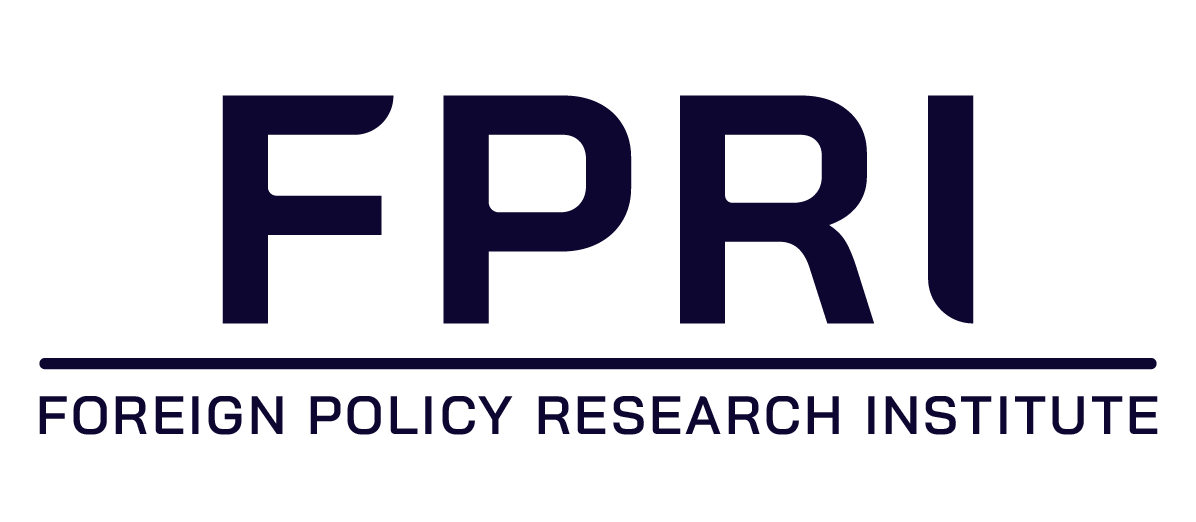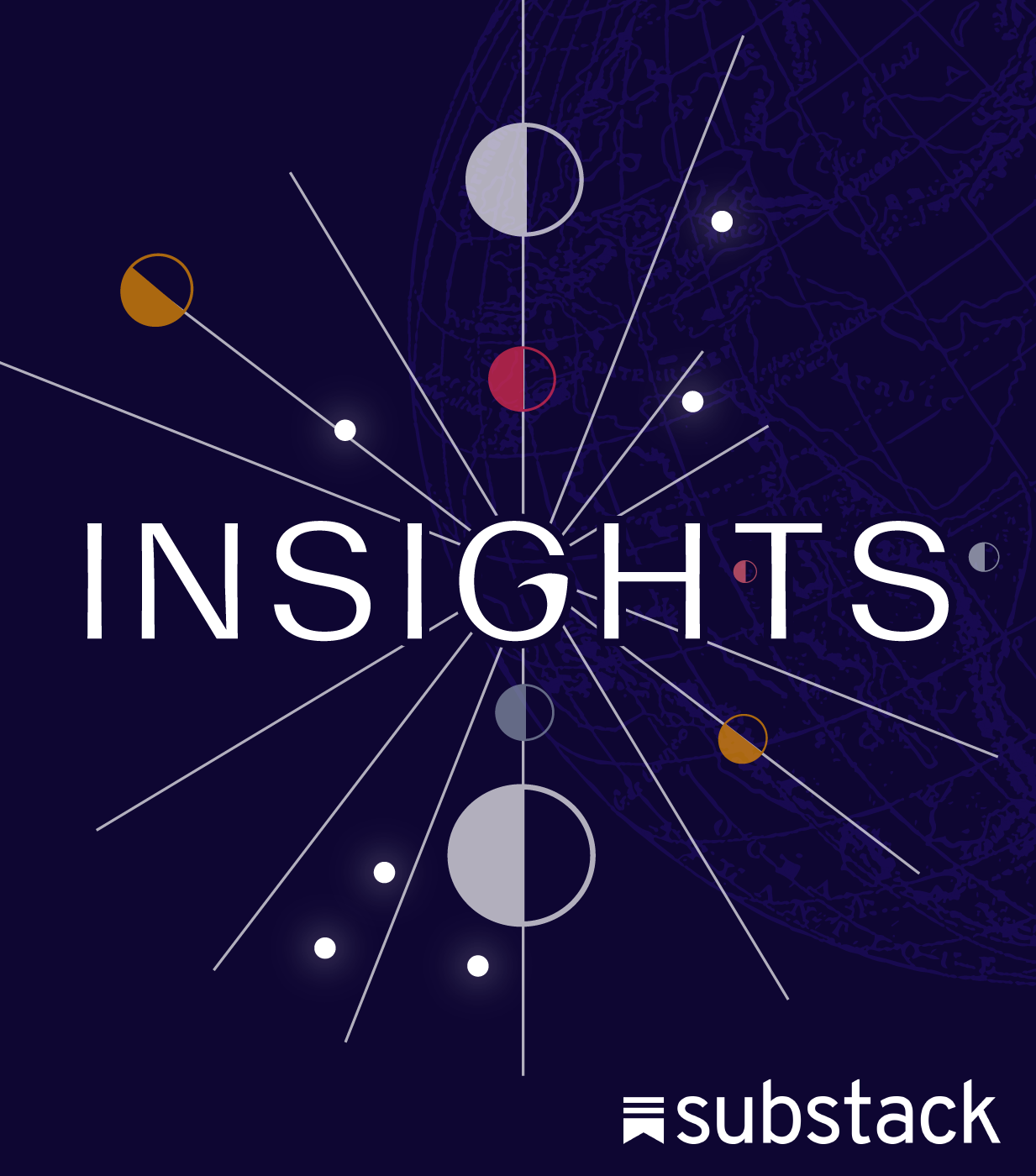A nation must think before it acts.
Carol Rollie Flynn
Robert Kaplan
James Ryan
Michael Beckley
Nikolas Gvosdev
Material World: The Six Raw Materials that Shape Modern Civilization, Ed Conway. It is a look at our need for salt, oil, sand, iron, lithium and copper—and discusses many of the topics critical to national security for the twenty-first century—from the food-water-energy nexus of the trilemma, to supply chains and resource dependencies for high-technology goods, and the intersection between the corporate/business networks and governments to get these critical elements.
Charles Ray
Ethical Dilemmas and the Practice of Diplomacy, Charles Ray. Published in 2017, this book is a discussion of the minefield of ethical decision making that American diplomats have to face on a daily basis as they implement US foreign policy abroad and at home.
Robert Hamilton
Secondhand Time: The Last of the Soviets, Svetlana Alexievich. This book is a key to greater understanding of the impact of the Soviet experience on Russia and the other states of the former Soviet Union today. It’s based on dozens of interviews with people who lived through the Soviet era, from ordinary people to people who wielded power. What comes through clearly and poignantly is how those who lived through the Soviet Union can acknowledge the trauma of the experience, yet still be nostalgic for it. I’ve long been skeptical of dispensing with the term “post-Soviet” too quickly, because I think that in doing so, we risk failing to understand the depth and duration of its impact. This book brings that impact home in a way no other book I’ve read has.
Natalia Kopytnik
Café Europa Revisited: How to Survive Post-Communism, Slavenka Drakulić. This evocative collection of essays is a follow up from Drakulić’s original 1996 Café Europa which examined a new Europe emerging after the collapse of the communist bloc. Through vignettes of daily life in Eastern Europe over the past three decades, Drakulić offers a glimpse into what the former communist world looks like today. The stories are both poignant and full of humor, illuminating both the pressing socio-economic problems of the region, but also the hopes, fears, and dreams of its residents. Europe, Drakulić writes, may not have fixed geographical borders, but its mental ones can be robust. Between history and fantasy, Europe is many things to many people. My take? I don’t think it’s an accident that the author chose to include “how to survive” in the title. Recent events have shown that, real or imagined, Europe remains an idea many are still willing to fight for.
Thai-Binh Elston
The Border, Erika Fatland. Being Russia’s neighbor has never been easy. In The Border, Erika Fatland takes us on an epic journey through each of Russia’s fourteen neighbors starting in North Korea and ending in Norway. This stupendous piece of writing is part travel guide, part memoir, and part history book, and the author excels in every category.
Ann Hart
An Odyssey: A Father, a Son, and an Epic, Daniel Mendelsohn. Daniel Mendelsohn’s memoir is a beautiful reflection on Homer’s The Odyssey, enlivened by the author teaching a Bard College class on the classic. Mendelsohn’s father wanted to take the course and tried (unsuccessfully) to stay silent as an auditor. The classic journey of Telemachus searching for Odysseus after ten years apart at war is enriched by Mendelsohn’s memories of his childhood with a powerful father and navigating their world as adults—including a trip to the Greek isles together, retracing the epic’s destinations.
Shane Mason
When France Fell: The Vichy Crisis and the Fate of the Anglo-American Alliance, Michael S. Neiberg. This book completely changed the way I think about World War II, Transatlantic relations, and America’s place in the world. Michael Neiberg, a professor at the US Army War College, makes a persuasive case that it was the fall of France, and not the Japanese attack on Pearl Harbor, that shocked America into mobilizing for a global war and forever changed US grand strategy. That Nazi Germany could so quickly defeat the French army and dominate continental Europe was simply unimaginable, and American officials were stunned by this new sense of insecurity. Never again would US policymakers willingly rely on a third party to secure a vital national interest.
The views expressed in this article are those of the author alone and do not necessarily reflect the position of the Foreign Policy Research Institute, a non-partisan organization that seeks to publish well-argued, policy-oriented articles on American foreign policy and national security priorities.



